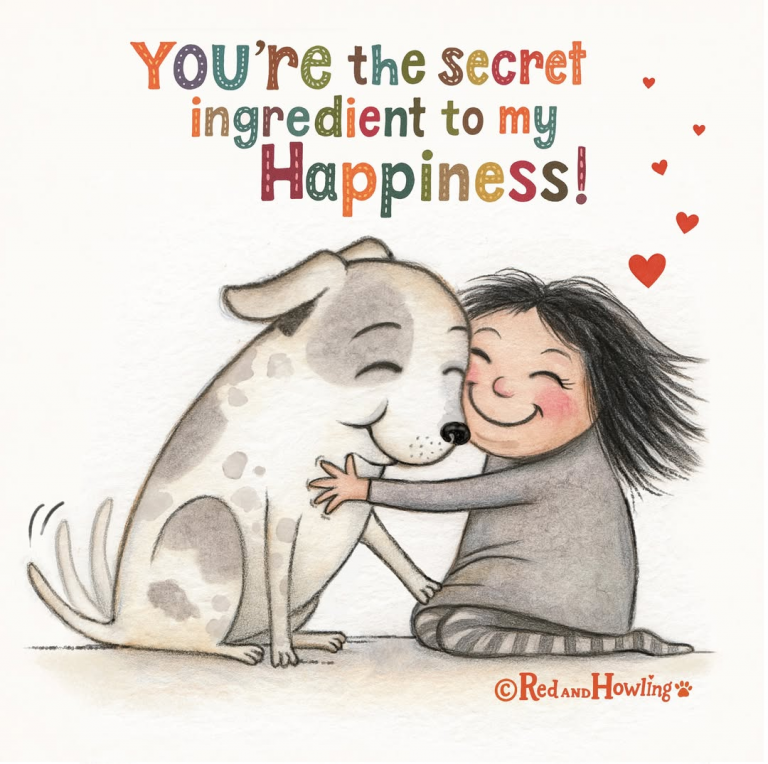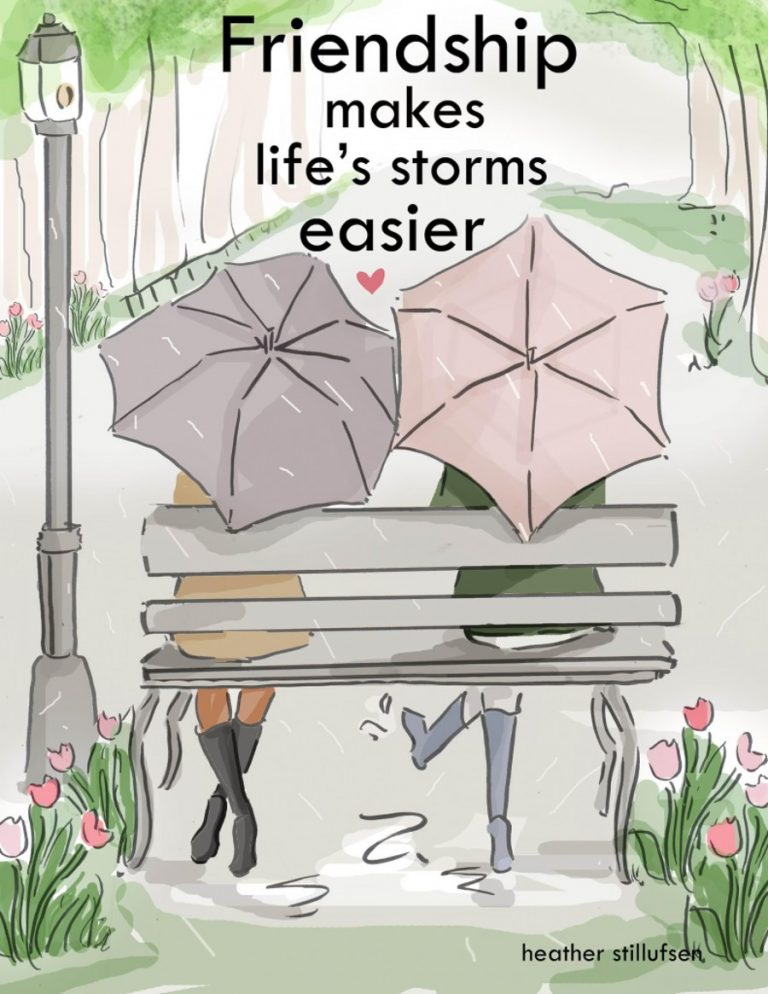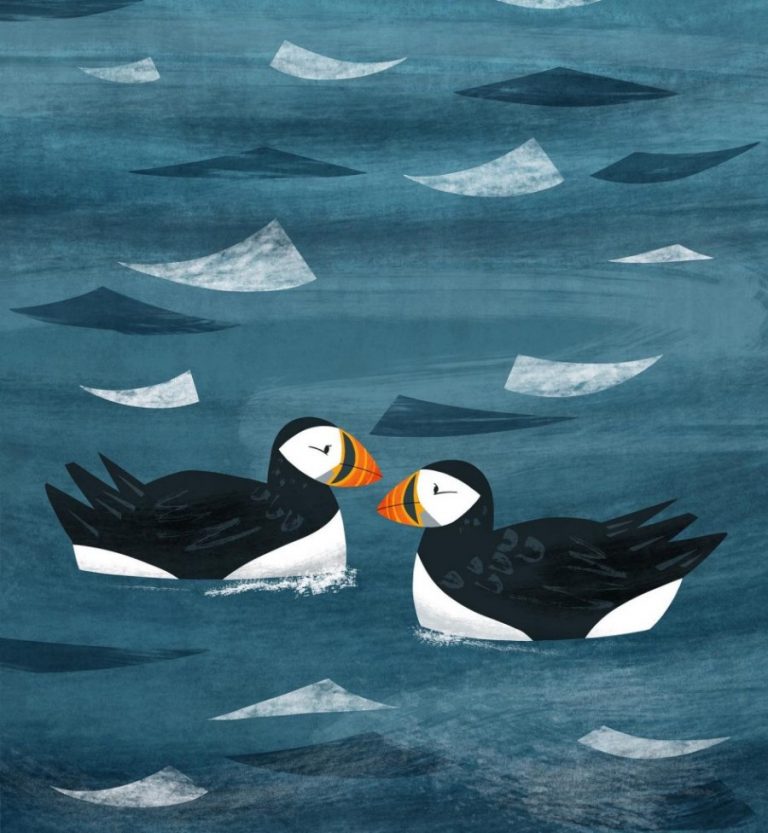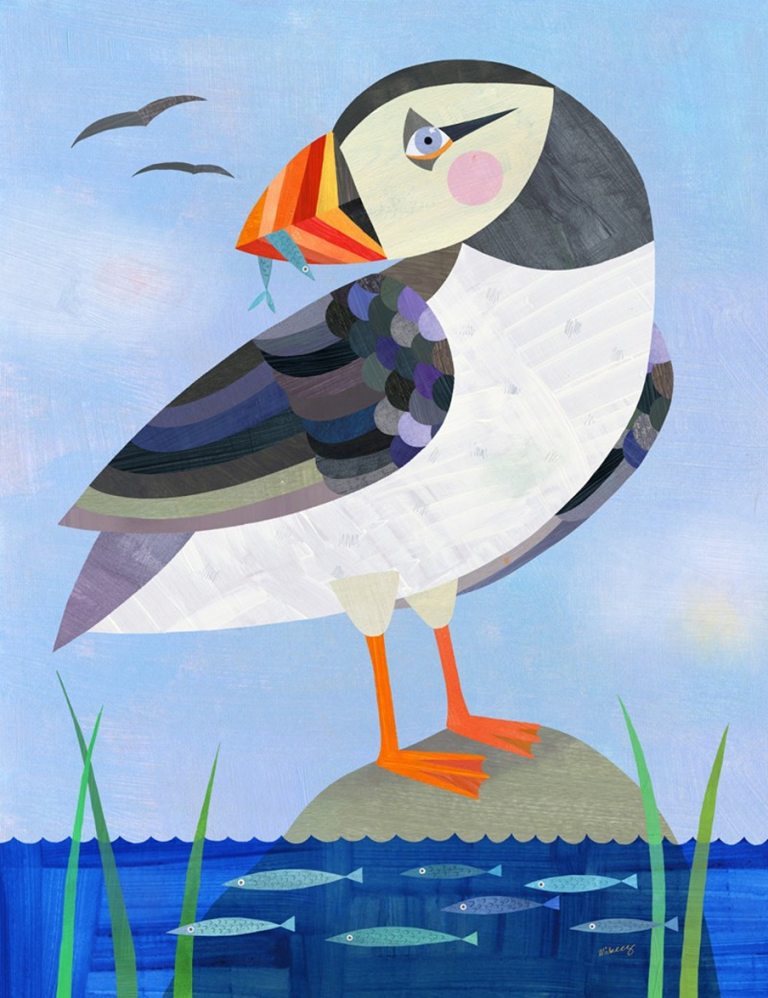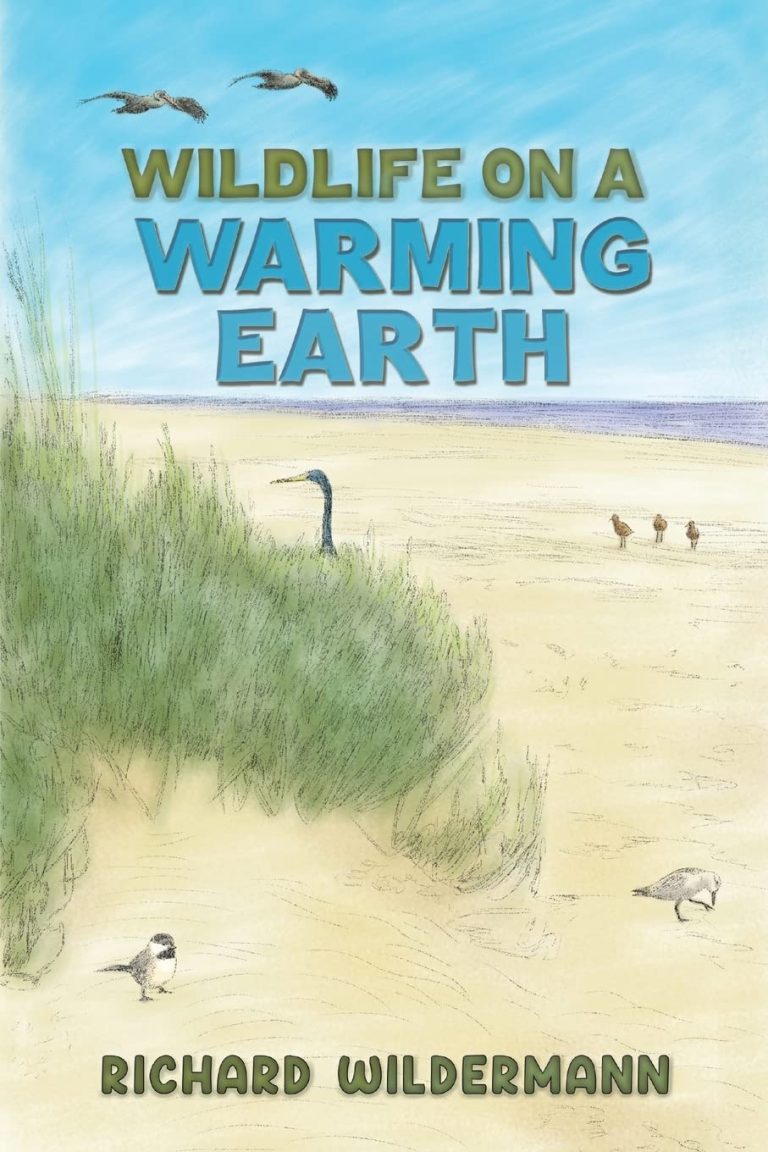
Volunteers at wildlife shelters work long hours on shoestring budgets, and although they welcome donations and volunteer help, the best way we can help them is to be aware of the mostly human causes, why these creatures are in wildlife shelters in the first place. Learn of each species (birds and wildlife) to avoid ‘accidentally rescuing’ creatures that have parents watching nearby.
Nearly all wildlife casualties in England these days are due to a few reasons. So by learning of them, we then know how to prevent wildlife rescue shelters being overcrowded with casualties.
Also read our post on how to stop birds flying into windows.
Don’t Drop Litter (anywhere)
This is one of the main reasons why wildlife end up in rescue centres.
- Choose reusable over disposable, and always put litter in a secure bin (or recycle it).
- Never drop litter from your car (this attracts creatures who then get killed, and they are then eaten by other creatures, who are at risk).
- Pick up litter if you see it, and find a bin. For rubber bans and plastic beer can holders, rip the holes up first.
- Reusable bags, bottle and containers reduce plastic litter.
Use a Personal Ashtray
- Dropped cigarette butts contain toxins that harm wildlife, and cause wildfires (like a match to paper on grass in dry weather).
- Use a personal ashtray. This immediately extinguishes cigarettes, until you find a bin.
Recycle Fishing Waste
- Anglers can invest in a Monomaster (a little kit to safely stash fishing tackle until you find a recycling bin).
- And hunters can obey the voluntary ban on lead shot, which kills many other wildfowl. A ban is imminent.
Make Ponds Wildlife Friendly
- Wildlife-friendly ponds have sloping sides for easy entrance and exit, and are free from netting (which can trap and tangle).
- If your pond has no slopes, add a ramp or stones.
- Ensure water bowls have shallow sides (add a small wood plank or stones, as platforms for thirsty bees and butterflies).
Cover Pools When Not in Use
- Cover swimming pools when not in use, especially at night.
- FrogLog lets small critters escape, if they fall in.
- Critter Skimmer helps small creatures escape from pool skimmers.
Avoid Garden Netting and Football Nets
- Foxes often get caught in football nets. The weatherproof Goal Wall is made from recycled plastic milk bottles, sold with extendable legs and ground pegs to fasten. Perfect for a child’s target practice.
- Wildlife experts say to never use most brands of netting (holes are too big). Instead, use fruit protection bags.
- Also store away rotary washing lines, when not in use. Or use a retractable line (that fits flush to the wall, when not in use).
Choose No-Dig Organic Gardening
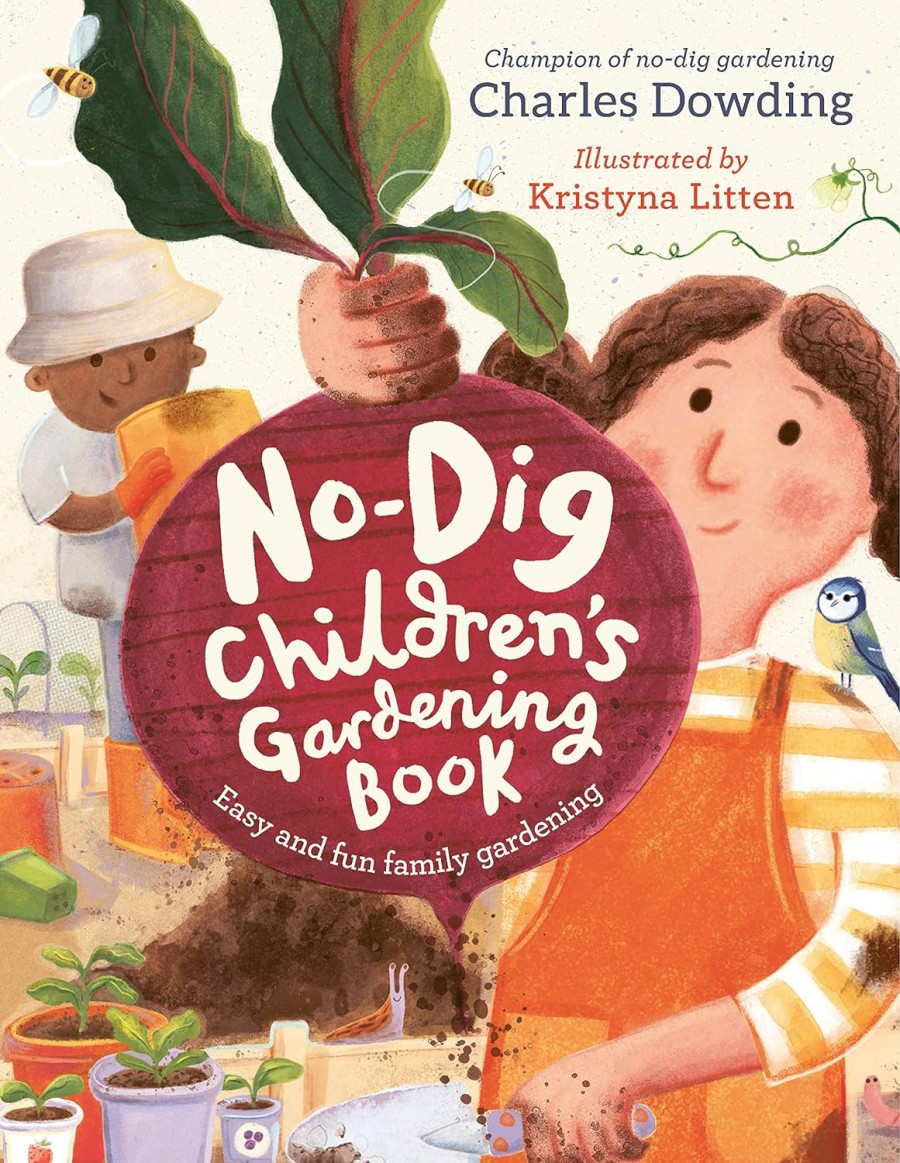
- No-dig gardening uses compost and mulch to protect earthworms to stag beetles from garden forks and spaces.
- Garden organically (safely dispose of chemicals and pesticides).
- Read our post on pet-friendly gardens. Avoid fresh compost near pets (some composts like cocoa, pine or rubber are unsafe).
- Choose kind and non-toxic humane deterrents (also safer for pets).
- Check under sheds/outbuildings/compost bins before moving or demolishing, especially near end of hibernation times. Builders and town planners can find info to help owls and bats.
Don’t Plant Flowers in Railings
- Deer eat flowers. So councils and others planting flowers in railings, is not a good idea. Deer can get their heads stuck.
- Stick to pet-safe flower beds and safe planters.
Be a Wildlife-Friendly Driver
- Read our post on safer roads for wildlife.
- Keep to speed limits.
- Be alert for wildlife, especially at dawn and dusk.
- Use full beam at night (dipped lights are best in fog, rain or snow, or else light could reflect back and startle).
- Keep your lights, brakes and windscreens in good condition.
- Use a car trash bag to avoid dropping litter out the window. This stops scavengers (and animals that scavenge on dead animals).
- One farmer wants fast food restaurants to print vehicle registrations on receipts. So if someone drops litter, they get a fine in the post, just like for speeding.
Keep a rescue kit in your car boot (a cardboard box with punched air-holes, thick gloves and a tassel-free towel). Get help to transport badgers (they are very strong, and could attack, when stressed).
Also read our post on helping birds of prey (this requires different advice, due to strong beaks and sharp talons).
Donate Old Newspapers
Most wildlife rescues go through mountains of bedding every week. Old newspapers are perfect for lining cages, cleaning up, and making temporary bedding for birds and mammals.
If you want to pitch in, try these simple steps:
- Collect clean, dry newspapers from your home, work, or local community.
- Remove glossy inserts or magazines, which can’t be used as bedding.
- Bundle newspapers with string or put in paper bags for easy drop-off.
- Contact your local rescue before dropping off to check for opening hours or rules on donations.
Safe drop-off points make it easy to deliver what you’ve gathered. Some rescues also accept old towels (no tassels as these can catch paws and claws), fleece blankets, and pillowcases (as long as they’re clean and free from strong fragrances). Ask your local wildlife rescue what’s on their ‘wish list’.
Supply Veterinary Supplies
Wildlife rescues have big appetites and use lots of medical supplies for first aid and daily care. It’s best to check the wish list on their website, but common needs include:
Medical basics: bandages, wound dressings, syringes (unopened), vet wrap, and disposable gloves are often welcomed. Never donate expired or opened medicine, as this can put animals at risk.
How to Raise Funds for Wildlife Rescues

- Some wildlife shelters welcome old newspapers and other items. Check first as many can’t accept towels (due to tassels) or duvets.
- All shelters welcome practical skills (building to book-keeping). Many welcome old fur coats (used to comfort orphaned wildlife).
- Donate anonymously through Charities Aid Foundation, add Gift Aid if you’re a UK taxpayer).
- easyfundraising is another option (just sign up, then shops and services donate a portion of profits from each sale, to your chosen cause). Loyalty points are not affected.
- Gift a wildlife rescue manual to your shelter: Practical Wildlife Care (by the late founder of Tiggywinkles) and Wildlife Search & Rescue (a US book, with good generic advice).
Another welcome gift would be Armor Hand Protector. This was created by an American vet, after an angry patient bit her! You can wash these to prevent infection with a microfibre filter. Another useful book to gift alongside would be How to Hold Animals.
Who to Call (when wildlife needs help)

Keep numbers to hand of wildlife rescues and rehabilitators. Although vets can help, often they don’t have the specialist knowledge of a local wildlife rescuer. But it’s good to call both.
It’s also good to keep a large box (with punched holes) in your car boot with towels (no tassels) and thick gloves. That way you can take the creature to the wildlife rescue or vet yourself, if need be.
Some creatures need specialist advice, so call:
- Tiggywinkles or Wildlife Aid (all creatures).
- British Hedgehog Preservation Society
- Bat Conservation Society
- Raptor Rescue
- Amphibian & Reptile Conservation
- British Marine Life Rescue
If you do hit a deer or see one that’s injured, stop safely and call your local wildlife rescue and the police. They have trained marksmen who can shoot dead suffering deer, if RSPCA is going to take too long.
Don’t try to move a live injured deer yourself – most are strong and could run off while injured, it’s better to wait for help. Keep the area quiet, and cover the creature with a blanket, to help calm.
Simon’s Last Wish (a wildlife sanctuary)
Wildlife Aid (Surrey) is a major wildlife rescue charity that has helped hundreds of thousands of creatures.
It was founded by former city broker Simon Cowell MBE (not that one, though he did say his name got restaurant reservations) who sadly died due to aggressive cancer in June 2024.
A passionate and outspoken advocate for animal welfare (he did not like ‘TV entertainment shows about animals nor zoos), he himself was often attacked, but knew it was only because his patients were scared.
He was bitten by hedgehogs, gored by deer (one antler missed his jugular by around an inch) and one owl sunk his talons into Simon’s scalp.
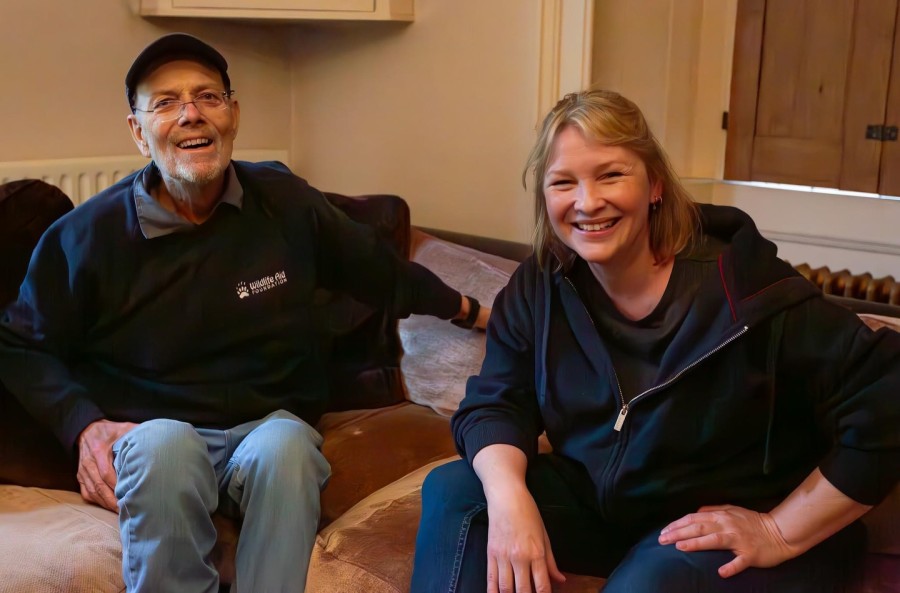
Shortly before his death (that’s him above with actress Joanna Page, who is training to be a rescuer at the sanctuary), his daughter and others launched a campaign to renovate the wildlife rescue and protect surrounding land.
You can donate at Just Giving to reach the target of £4 million. Or select ‘Wildlife Aid Foundation’ at Charities Aid Foundation and tick the box, to donate anonymously. Either way, tick the Gift Aid Box.
The centre (which has over 300 volunteers) also offers placement for vet students. Read latest rescue stories (a fox that fell in a swimming pool, and a hibernating dormouse found at the bottom of a recycling bin).
If within the catchment area, contact Wildlife Aid with a full description, and ideally send a photo or video via email or app, for them to assess the situation.
The World’s Busiest Wildlife Rescue

Tiggywinkles began in the founder’s back garden, and now (in the heart of the Chilterns countryside), it runs the world’s leading wildlife hospital. Although we associate it with helping hedgehogs, it helps all species.
Not only does it treat tens of thousands of patients each year, but it runs accredited courses for volunteers and vets, and has a popular visitor centre to educate (there is even a hedgehog museum!)
Most creatures are returned to the wild. Those not able to (like blind hedgehogs or three-legged deer) live in near-natural conditions in the grounds, where they can live the rest of their lives in safety, with regular health checks.
Tiggywinkles opened its doors in 1983, setting the standard for wildlife care. Founded by Les Stocker and his family, it was the first specialist wildlife hospital of its kind.
The team quickly built a solid reputation for treating injured, sick, and orphaned wild animals using proper veterinary techniques. This approach inspired dozens of similar centres across Britain.
Tiggywinkles operates 24 hours a day, 365 days a year. Staff and volunteers respond to emergencies day and night. They treat animals suffering from road accidents, poisoning, attacks, and natural injuries.
An easy way to raise funds is to sign up with easyfundraising (nominate Tiggywinkles, then anytime you buy things with shops or services, it donates a portion of profits, at no cost to you).


